
ABOUT THE AUTHOR
Mark Blake is an acclaimed music journalist and author. A long-time contributor to the UKs biggest-selling music magazine, Mojo, and former assistant editor of Q magazine, Blake has written for many high-profile publications including Rolling Stone, Classic Rock and Billboard.
Among his previous books are the bestselling Pigs Might Fly: The Inside Story of Pink Floyd and Bring It On Home: Peter Grant, Led Zeppelin and Beyond, which was listed as a Music Book of the Year by The Times, the Sunday Times, the Daily Mail and the Daily Telegraph.
Blake has also worked on official projects for Queen, Pink Floyd, the Who and the Jimi Hendrix estate. He lives just outside London with his wife and son.


NEB 002
First published in the UK in 2021 by Nine Eight Books
An imprint of Bonnier Books UK
4th Floor, Victoria House, Bloomsbury Square, London, WC1B 4DA
Owned by Bonnier Books, Sveavgen 56, Stockholm, Sweden
 @nineeightbooks
@nineeightbooks
 @nineeightbooks
@nineeightbooks
Hardback ISBN: 978-1-7887-0478-6
Trade paperback ISBN: 978-1-7887-0479-3
eBook ISBN: 978-1-7887-0572-1
Audio ISBN: 978-1-7887-0484-7
All rights reserved. No part of this publication may be reproduced, stored in a retrieval system, or transmitted in any form or by any means, without the prior permission in writing of the publisher, nor be otherwise circulated in any form of binding or cover other than that in which it is published and without a similar condition including this condition being imposed on the subsequent purchaser.
A CIP catalogue record for this book is available from the British Library.
Publishing director: Pete Selby
Senior editor: Melissa Bond
Cover design by Lora Findlay
Cover image Look Press/Avalon
Typeset by IDSUK (Data Connection) Ltd
1 3 5 7 9 10 8 6 4 2
Text copyright Mark Blake, 2021
The right of Mark Blake to be identified as the author of this work has been asserted in accordance with the Copyright, Designs and Patents Act 1988.
Picture credits: pp. Anthony Harvey/Getty Images
Every reasonable effort has been made to trace copyright-holders of material reproduced in this book. If any have been inadvertently overlooked, the publisher would be glad to hear from them.
Nine Eight Books is an imprint of Bonnier Books UK
www.bonnierbooks.co.uk
CONTENTS


Thank you, God bless and sweet dreams, you load of tarts!
Freddie Mercury, 1986
In the 1980s, Queen were the only band I ever saw who made me laugh for the right reasons. Other groups and lead singers took themselves too seriously. Queen and Freddie Mercury were the exception.
Queens music could be smart, shameless, funny, fearless, complex and disarmingly simple sometimes all in the course of one song. Making this music was a serious business and Queen sweated blood in the studio. But, on stage, they were entertainers, and Freddie Mercury always made the audience feel like they were in on the joke.
This is partly why Queen are even bigger this century than they were in the previous one when Mercury was still alive. Theres been less of a Queen revival in recent years and more of a second coming.
Inside are 132 stories, anecdotes and observations, each based on Queens music and on three decades worth of original interviews with their gatekeepers: guitarist Brian May and drummer Roger Taylor. This Queen alphabet shines a light on the band, its members, their hits, their misses and those characters, places, inspirations and random objects that have contributed to their never-ending story.
When Im dead, who cares? said Freddie Mercury once.
How wrong he was.
Because Queen nearly werent called Queen
It was Freddie Mercurys idea to call the band Queen. Not everyone was on side. I didnt like the name originally, said Roger Taylor, and neither did Brian, but we got used to it.
Just as well, as the other contenders included:
Build Your Own Boat
Named after a book Brian May saw at a friend of Roger Taylors house in Cornwall. In 2011, Taylor rediscovered his diaries from summer 1970: We were nearly called Build Your Own Boat. Id actually drawn a logo for it. Oh dear...
Great Dance
Named after a phrase in author C. S. Lewiss 1943 book Perelandra, the second novel in his science-fiction Space Trilogy. Both May and Taylor were avid fans. I was always reading, said Taylor. Lord of the Rings, of course, Heinlein, Asimov, C. S. Lewiss adult sci-fi. This prospective band name was also remembered by some contemporaries as the Grand Dance.
Rich Kids
Origin unknown, but name may have been wishful thinking on Freddie Mercurys part. In 1977, ex-Sex Pistol Glen Matlock used the name for his new, short-lived group.

Queens boogie night
The disco sucks campaign is one of the more depressing episodes in American music history. In 1978, DJ Steve Dahl was fired by a Chicago radio station, WDAI, after it switched formats from rock to disco. (The Saturday Night Fever-inspired dance craze had prompted sweeping changes at stations across the US.) Dahl was later hired by a rival and started protesting on air about his former employers and their new format.
However, what began as the actions of an aggrieved disc jockey soon snowballed into a backlash against an entire musical genre. Dahls campaign hit a new low in July 1979 with Disco Demolition Night. The event saw 50,000 people arrive at Chicagos Comiskey Park stadium with disco records that would be ceremoniously blown up during the half-time break of a Chicago White Sox game. Many of the records werent even disco, but by black artists, adding an uneasy, racist edge to the protest. It was an extreme reaction, but also emblematic of the tribal nature of fandom. For a while, disco sucks badges even started appearing in the UK, worn on leather jackets by partisan punk and heavy-metal fans.
It was into this divisive world that Queen released Another One Bites the Dust a year later a single that attracted a new audience, alienated some of the old and split opinion within the group.
Among the first victims of Dahls campaign was the American R&B band Chic. Spearheaded by guitarist Nile Rodgers, Chics golden streak ended with summer 1979s Good Times. Our career was cut dramatically short due to the backlash, said Rodgers. Chic never had another hit.
Chic, however, played a part in Queens unexpected foray onto the dancefloor. That same summer, John Deacon visited New Yorks Power Station Studios where Chic were recording Good Times. He returned to Munichs Musicland Studios with a bassline remarkably similar to theirs and a song idea unlike any in the Queen catalogue.
We didnt have a clue what Deaky was up to when he started Another One Bites the Dust, said Brian May. This wasnt unusual, though, as Deacon kept his own counsel. Indeed, producer Reinhold Mack even nicknamed him Ostrich because of his ability to remain silent before laying a perfect egg.
Next page
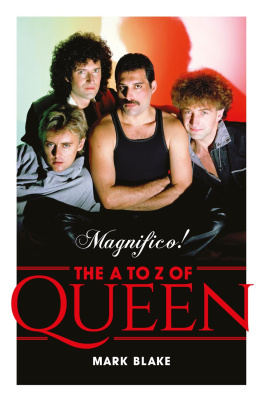
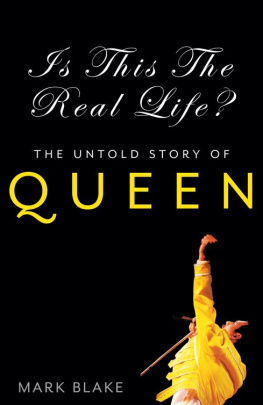
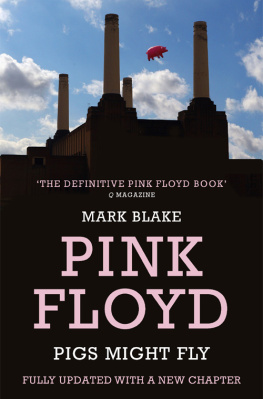

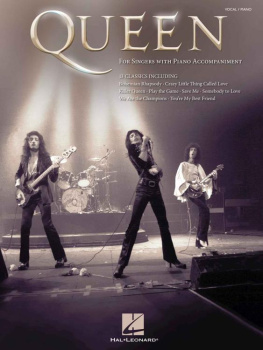
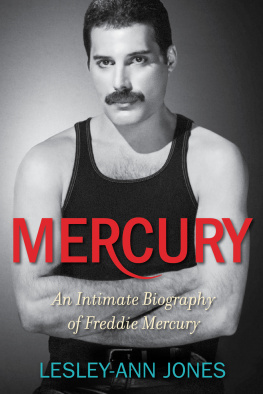
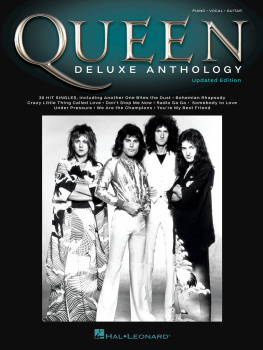
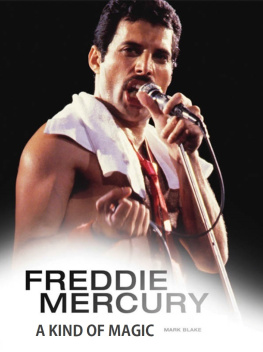
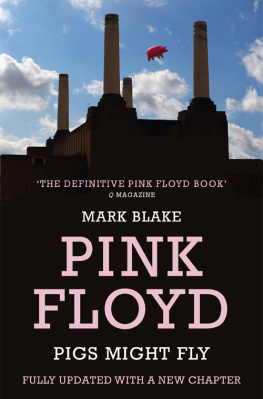



 @nineeightbooks
@nineeightbooks @nineeightbooks
@nineeightbooks